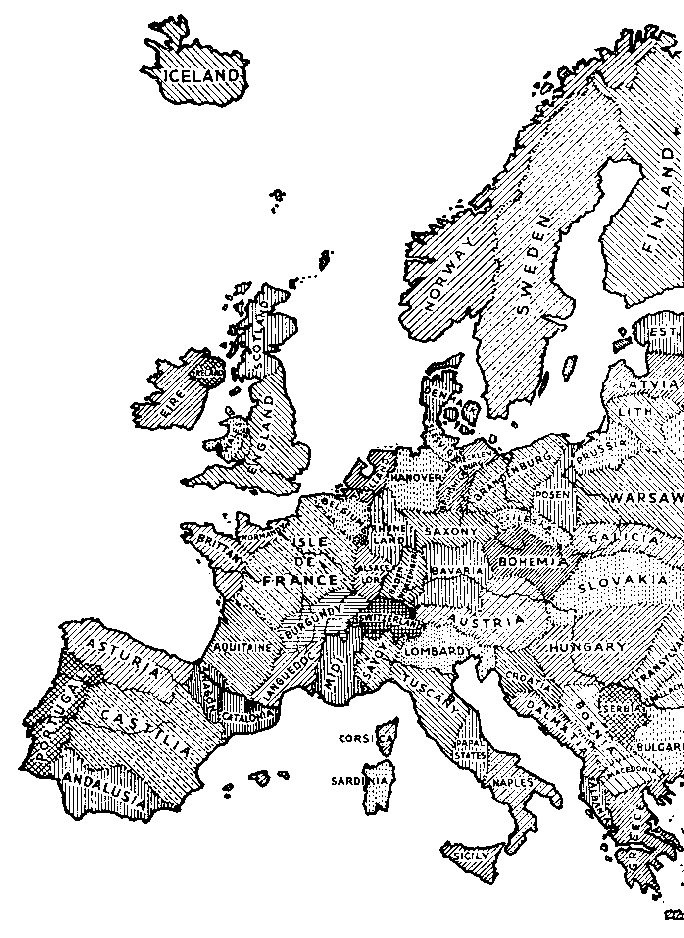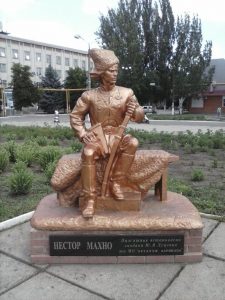Commentary on the political views of Noam Chomsky
What I have to say about the political views of Chomsky is not to challenge anything he says; it is to point out some of the things that he does not say or stress.
He writes from a moral point of view. Practically, this is the point of view of the United Nations, to which the United States government has subscribed. And the greatest immoral act for a country — from an international perspective — is to conduct acts of aggression.
Most of Noam Chomsky’s political writings are detailed accounts of the history of US government’s aggressions — overt and covert.
Chomsky looks for an explanation for this aggressive behavior on the part of the US government. His claim is that the government is in the hands of oligarchs, specifically corporations. And the business of the military-industrial (financial) complex is to make the world safe (soft) for American business.
Chomsky’s political activism started with his protests against the Vietnamese War. And since then, his criticism (condemnation) of US government acts and policies has become quite extensive.
The aim of global capitalism (spearheaded by US corporations) is to create all sorts of tensions and conflicts in the world. The last one with the Soviet Union was called the “Cold War.” Then there was a “War against Drugs”; now there is this “War Against Terrorism.” These give justifications for the US policing the world. Presently, the US has built up a global military presence through some 1000 military bases around the world.
This “War against terrorism” and the intransigent support of the Israeli government has created the Islamic blowback through wars and interventions in the Middle East.
The other support of global capitalism was the loosening of controls over financial markets. The result was the 2008 global depression, resulting in our current age of austerity.
Related to Chomsky’s critique of US policy, is his focus on why intellectuals and the mass media do not participate in this radical critique of the US government’s policies — foreign and domestic. And his explanation is that just like the US government, so the intellectuals and the media have been bought by global capitalism.
Sometimes Chomsky is criticized for not having an alternative to this state of affairs. Such criticism is completely wrong. Chomsky is a self-conscious anarchist, or, as he prefers to say, a libertarian socialist. And he even is more specific is calling himself a syndicalist. This means, first, from an economic point of view, he is against capitalism. He is for worker-controlled enterprises, somewhat is the style of an Israeli kibbutz. He keeps stressing that the early wage-workers saw themselves as wage-slaves.
He is fully conscious of the two great attempts at anarchist communities: the first, during the Russian Civil War (1918-1921) in Ukraine under the leadership of Nestor Makhno; the second, during the Spanish Civil War and Revolution (1936-1939). Both ultimately failed for lack of arms.
I agree with all of this.
What I find unsatisfactory is the things Chomsky does not say or stress.
First, Chomsky rightly criticizes the acts and policies of the US government, but he does not criticize the very nature and structure of the US government as did Lysander Spooner. It seems to me that he is content with the nature of a representative democracy, and perhaps would agree with John Stuart Mill’s recommendations for altering the electoral process. He does not seem to take into account Peter Kropotkin’s critique of parliamentary (representative) government as such. He is, of course aware, of council (soviet) style government (Anton Pannekoek), but does not push for it.
Even if such a proposal for council government (under the circumstances) is utopian, he could realistically, for example, give Switzerland as the better form of a representative democracy. The Swiss form of government is — like the US — a federal bicameral representative democracy.
Chomsky, like many others, justifiably criticizes Trump as a poor pick for a president, and, incidentally, he criticizes all US presidents, but does not propose a Swiss-style Federal Council. He does not criticize the office of a President. I find this odd. I find this odd because it is almost a priori certain that a President — or any single person of authority — can be bribed and threatened. As I see it, giving power to a single individual (in whatever capacity) is the source of corruption. There should be a name for this as a principle of politics:
If a person can be bought, he will be bought!
So, my recommendation is to make all decisional offices into councils. Switzerland does not have a President, a Prime Minister, or a Chancellor, but a Federal Council of seven, which collectively constitutes the
executive office. Chomsky should be recommending councils instead of Presidents, Governors, and Mayors.
Second, the grip of the Federal Constitution, as I see it, can be broken — not by amendments, but by secession of the States. I know that Chomsky is for self-determination of various groups: Palestinians, Kurds, the Basque, Catalonia, etc, But I don’t know if Chomsky is for the secession of American states.
Third, Chomsky is totally alarmed by the ecological disaster we are heading towards. He is for curtailing carbon emissions. But the main reason for our ecological plight is the necessity of industry to satisfy the needs of an ever- growing population. This overpopulation is not only contributing to pollution, but it is also a factor in the migrations from a devastated Middle East and Africa which are overwhelming Europe.
Fourth, capitalism can exist only if — as was pointed out by Marx and Weber — there is a proletariat, i.e., people who do not have access to free subsistence land. In the United States there never existed a legal free access to land (except for the Homestead Act of 1862), but even if land is acquired, there are property taxes. Such agrarian policies force one to seek wages; hence, as Chomsky notes, create wage-slaves. Unfortunately, I don’t find in Chomsky recommendations for agrarian reform.




